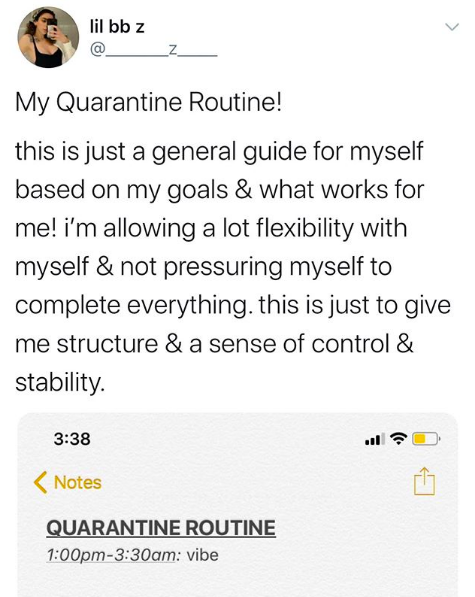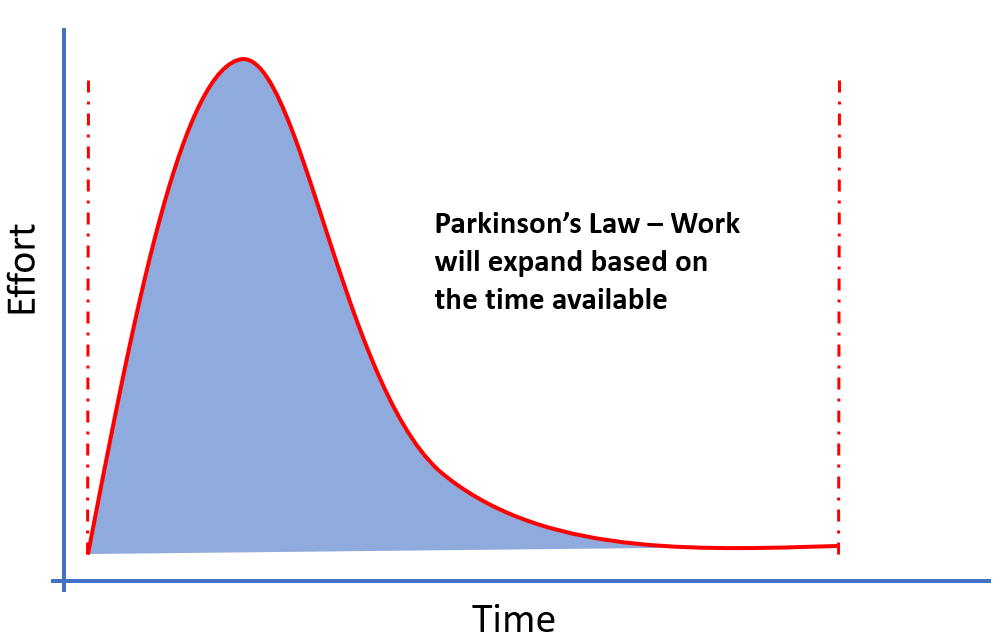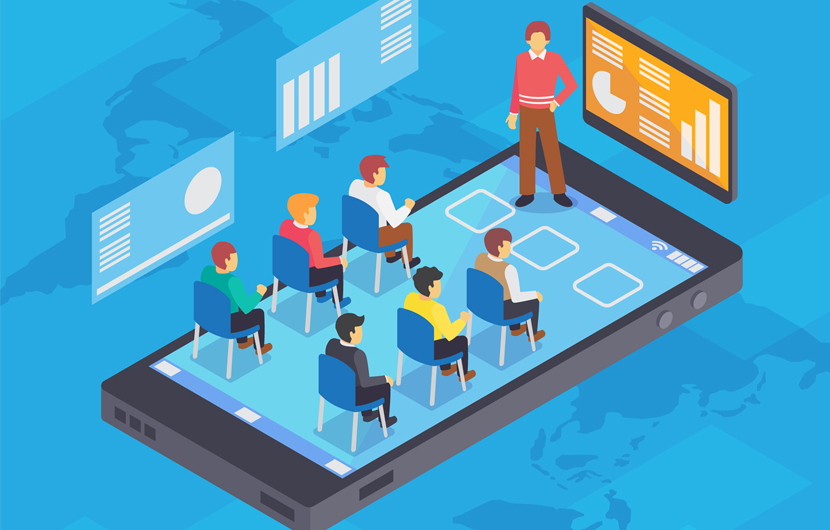Can online learning replace traditional education?
All around the world right now, lives have been put on pause, and worse, in real danger due to the COVID-19 outbreak. In a tamer case, you’re probably on your third sleeve of Oreos with a completely disoriented sleep schedule, a dwindling work ethic, and a serious need to take a shower (or, I’m projecting).

As quarantine is meant to last indefinitely, online resources are now greater assets than ever. Loved ones are only one call away, and unfortunately for students, that means teachers and oh no, education, are just as close— but is it the same? The obvious answer is no. However, online learning, though different, has proven to have real benefits for our students.
Matthew Yang (ET12A) expressed, “I think efficiency-wise it’s working pretty well, and I’m even learning things faster than usual school. I like the flexibility with being able to do the assignments whenever I want. However, it does get boring sometimes since everyday is just lectures and homework— the cost for this efficiency I guess.” Angela Dai (ET12C) agreed with saying, “The best part about online school is how I can organize my own day, which to be fair, I waste a lot of— but it’s nice to have that flexibility. I think SMIC’s doing a… decent job at it… I’m actually learning stuff because most of my classes this year were electives I actually wanted. I have a lot more time in my day now, and I’ve been more relaxed than I have been in years.” Of course, there are those that find it incompetent. Norman Situ (ET12A) was frustrated over the lack of social interaction in online education, and stated, “It’s essentially self studying and calling it online school… I mean sure, there are Q&A’s, but I don’t particularly find them too useful.”

Online schooling is harder to adjust to depending on a student’s preferred learning method, their need for different levels of social interaction, and their degree of self discipline—but Norman does have a point when it comes to the execution of it, and quite simply, its limitations. Primarily because it’s not in a classroom setting, students are much more prone to distractions and slacking off. Students don’t feel pressured to learn, and teachers don’t exactly feel pressured to teach. There a lesser sense of collaboration between both parties, and education is broken down into a list of tasks that must be completed each day. Lectures are less engaging when they’re on a screen, and productive class discussions are often more difficult to achieve through technology.
Additionally, not having to attend a physical school opens up a lot of free time; almost too much for us to handle. According to the Parkinson’s Law, a theory by British historian and author Cyril Northcote Parkinson, work expands to fill the time available for its completion. This basically means that if you give yourself a week to complete a two-hour task, then psychologically speaking, the task will grow increasingly complex and become more daunting so as to fill that week. It may not even fill the extra time with more work, but stress and tension about having to get it done will worsen. By assigning the right amount of time to a task, we gain back more time and the task will reduce in complexity to its natural state. There is almost an abundance of time created out of cutting out the physical experience of school— just think about how much free time is usually taken up by commuting to school, sitting in scheduled, mandatory classes, and participating in sports and extracurriculars. A regular workload when placed in the context of indefinitely long and uneventful quarantine, can thus be more anxiety-inducing.

However, it’s important to consider the obvious benefits of online learning under normal circumstances. Its affordability and accessibility allow such a wider population of people to receive an education and earn a degree. Imagine the wonders it does for children living in poverty, for people who don’t have a physical school where they live, or for adults who need the flexibility of online schooling to simultaneously work jobs to support themselves and their families. With online teaching, there is no discrimination, and often no limit as to how many students can be in a class. Many online resources are bounds and bounds cheaper than a traditional education or university, if not free. In a context more relatable for SMIC students, online schooling allows students to replay lectures, for shyer students to contribute to discussion especially when it’s done in text format, and to have more time to work on things they’re truly passionate about. It also allows for, cue gasp, students to be well-rested. There are so many more hours open for students to get sleep, something that is crucial for a teenager’s formative brain development, creativity, memory retainment, and overall bodily health and growth.
While it’s difficult to imagine online school completely replacing traditional education in the near future, it’s certainly a possibility with so many things going digital. If not, advanced web-based education technology models are definitely a worthy investment.
Featured Image— Online learning graphic Courtesy of My Big Plunge
by Jessie Wu

